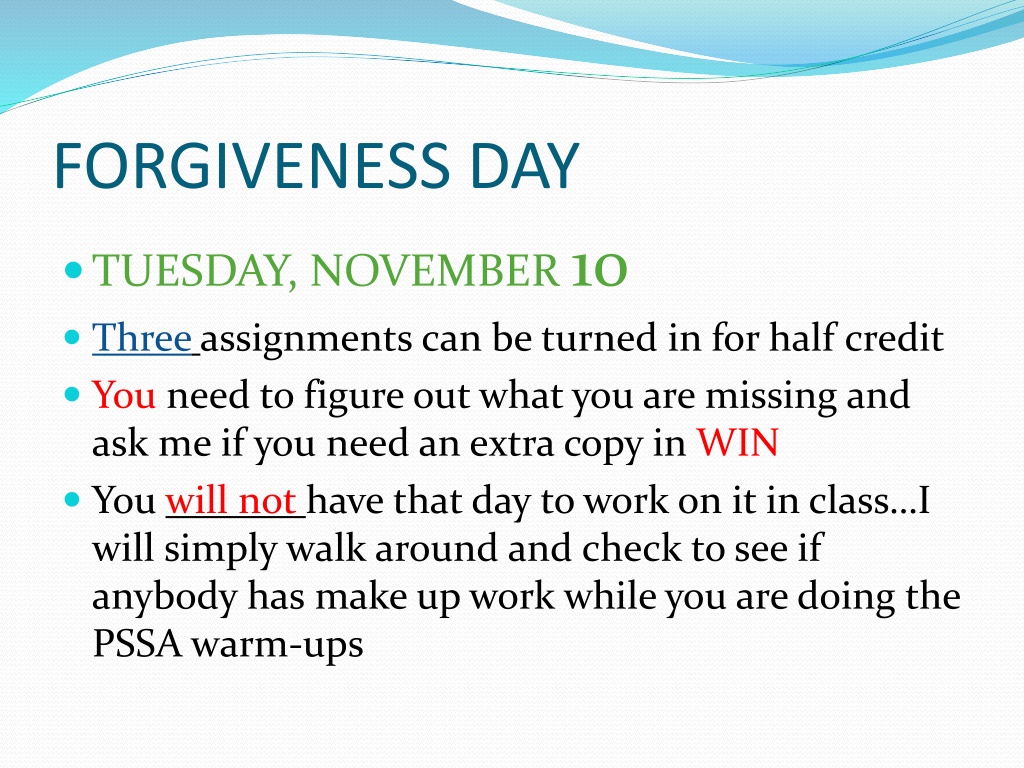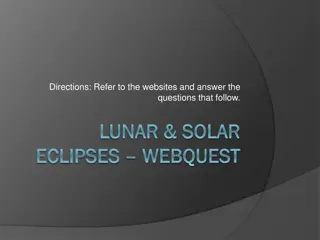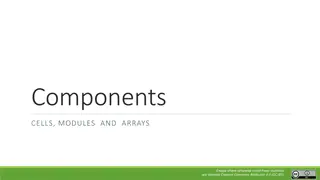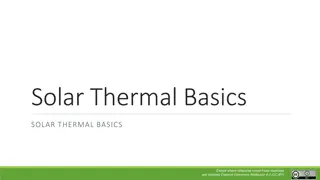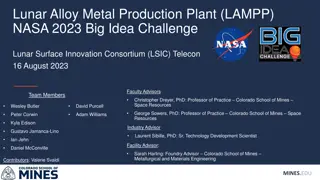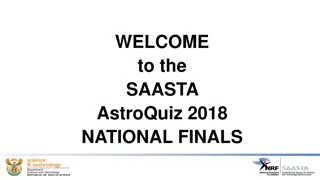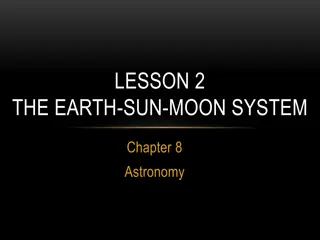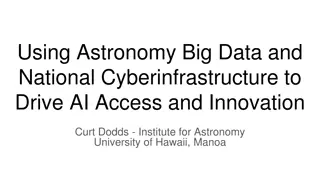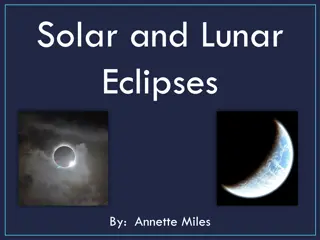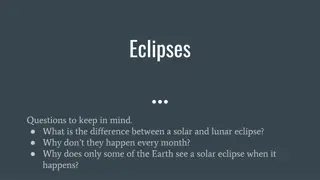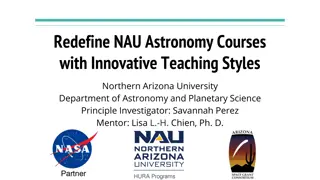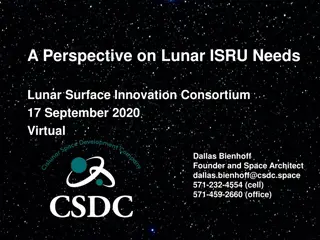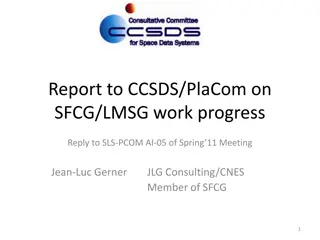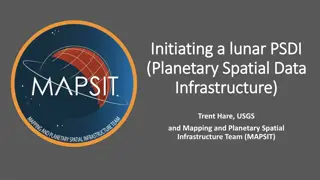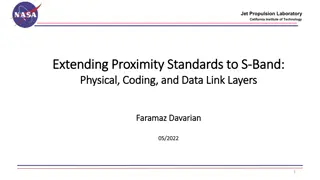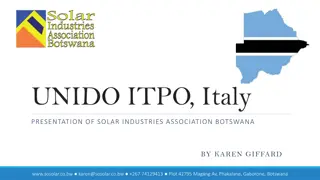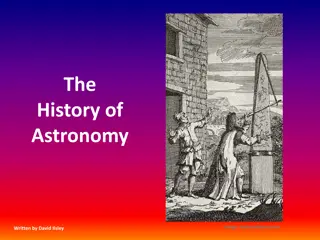Exploring Solar and Lunar Eclipses in Astronomy
Dive into the fascinating world of solar and lunar eclipses through vivid imagery and informative descriptions. Learn about the different types of eclipses, such as total and partial solar eclipses, as well as lunar eclipses caused by Earth's shadow. Discover the intricate dance between the Sun, Moon, and Earth that results in these awe-inspiring celestial events.
Download Presentation

Please find below an Image/Link to download the presentation.
The content on the website is provided AS IS for your information and personal use only. It may not be sold, licensed, or shared on other websites without obtaining consent from the author. Download presentation by click this link. If you encounter any issues during the download, it is possible that the publisher has removed the file from their server.
E N D
Presentation Transcript
FORGIVENESS DAY TUESDAY, NOVEMBER 10 Three assignments can be turned in for half credit You need to figure out what you are missing and ask me if you need an extra copy in WIN You will not have that day to work on it in class I will simply walk around and check to see if anybody has make up work while you are doing the PSSA warm-ups
Solar Eclipse-The moon blocks out the Sun and creates a shadow on the Earth
Solar Eclipse An eclipse of the Sun (or solar eclipse) can only occur at New Moon when the Moon passes between Earth and Sun. Penumbra (partial eclipse) The Moon's faint outer shadow. Partial solar eclipses are visible from within the penumbral shadow. Umbra (total Eclipse) The Moon's dark inner shadow. Total solar eclipses are visible from within the umbral shadow
Solar Eclipse: Total vs. Partial ANIMATION
Total Eclipse of the Sun T06-1118m1n
Total Eclipse of the Sun-Diamond Ring Stage just before the total eclipse
Partial Solar Eclipse T06-1072-1n
Lunar Eclipse-When the Earth casts a shadow on the moon. It can only happen during a full moon.
Lunar Eclipse video video
Partial Lunar Eclipse Moon is closest to the center of the shadow Oct 18 at 7:50 PM Maximum Eclipse
Next North American Solar Eclipse http://images.nationalgeographic.com/wpf/media-live/photos/000/612/cache/01-queensland-australia-eclipse_61235_600x450.jpg
Tides Tides are caused by the interaction of the sun, moon, and the Earth. Gravity is pulling the Earth towards the moon and towards the Sun. It s what keeps us in our orbit! That pull of gravity, causes the water on the Earth to be pulled further in one direction at different times of the month.
Daily Tides Every day there are high tides and low tides. At the Jersey shore, there are two high and two low tides every day. Why would it be important to know the times of the tides?
Monthly tides The changes of the alignment of the Earth, Sun and the Moon will cause the tides to be greater than normal or lower than normal. There are two types of monthly Tides: Spring Tides and Neap Tides
Video Tides video
Spring Tides The Sun, the Moon, and the Earth are all in a straight line. Results in the highest high tides, and the lowest low tides (twice a month) Greatest tidal range during the month
Neap Tides The Sun, the Moon, and the Earth are at right angles to each other That makes the lowest high tides and the highest low tides The Tidal Range is the smallest
Tides Spring Tide Neap Tide
Tidal Range The tidal range is the measured distance between the high tide and the low tide.
Puzzle Pieces Solar Eclipse
Puzzle Pieces Solar Eclipse
Puzzle Pieces Lunar Eclipse
Puzzle Pieces Lunar Eclipse
Puzzle Pieces Spring Tide
Puzzle Pieces Spring Tide
Puzzle Pieces Neap Tides
Puzzle Pieces Neap Tides
